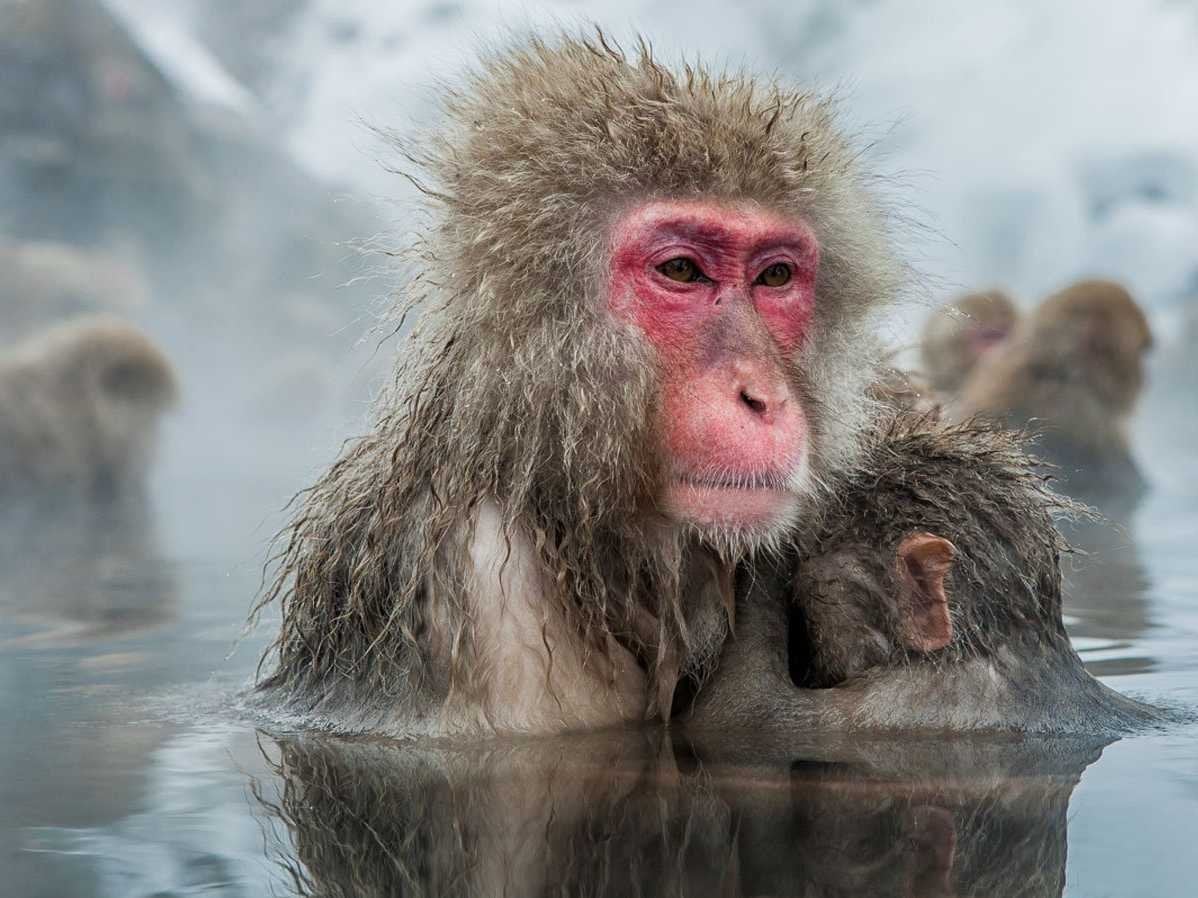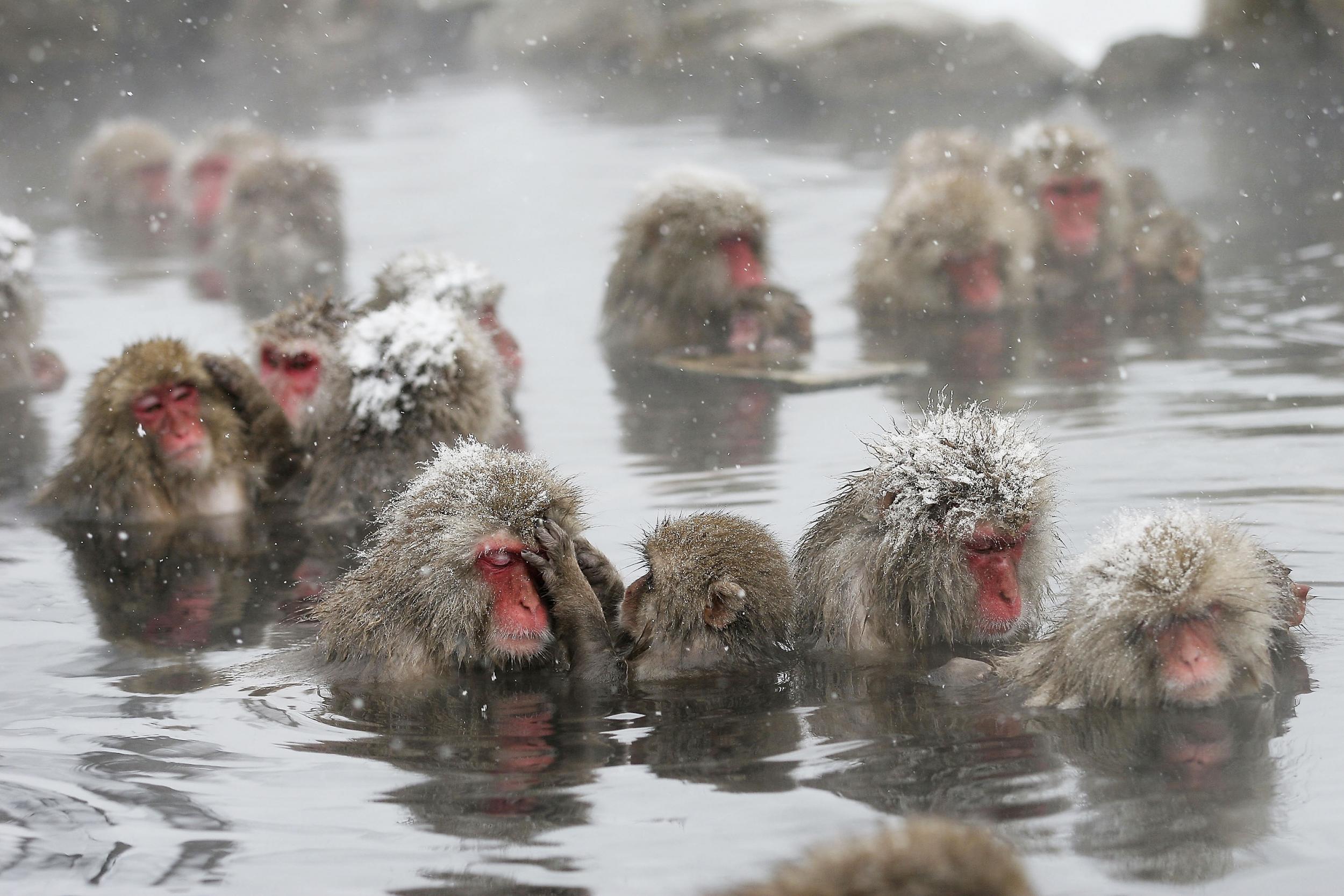Japanese police turn tranquiliser guns on monkeys after spate of attacks
‘I heard crying coming from the ground floor, so I hurried down. Then I saw a monkey hunching over my child,’ says one resident

Your support helps us to tell the story
From reproductive rights to climate change to Big Tech, The Independent is on the ground when the story is developing. Whether it's investigating the financials of Elon Musk's pro-Trump PAC or producing our latest documentary, 'The A Word', which shines a light on the American women fighting for reproductive rights, we know how important it is to parse out the facts from the messaging.
At such a critical moment in US history, we need reporters on the ground. Your donation allows us to keep sending journalists to speak to both sides of the story.
The Independent is trusted by Americans across the entire political spectrum. And unlike many other quality news outlets, we choose not to lock Americans out of our reporting and analysis with paywalls. We believe quality journalism should be available to everyone, paid for by those who can afford it.
Your support makes all the difference.Japanese police are planning to use tranquilliser guns against wild monkeys that have been terrorising western parts of the country, according to reports.
The macaques that roam the city of Yamaguchi have injured 42 people including children and the elderly in recent weeks, in attacks which left their victims with scratches and bite marks.
Efforts to capture the monkeys have failed, as have police patrols deployed to deter the ambushes, with officials unsure if recent attacks were the work of a single monkey or several of them.
“It’s rare to see this many attacks in a short period of time,” an official told the BBC.
“Initially only children and women were attacked. Recently elderly people and adult men have been targeted too.”
Residents have been warned not to leave their windows open as some attacks have occured in people’s homes.
In one incident reported last week by local paper The Mainichi Shimbun, a monkey opened the screen door of a first-floor flat in the city’s Ogorishinmachi district early in the morning and scratched a four-year-old girl on her leg.

Police said the monkey also attacked five other people in the immediate area.
One father told the paper of an attack in his home. He said: “I heard crying coming from the ground floor, so I hurried down. Then I saw a monkey hunching over my child.”
The Japanese macaque was once a vulnerable species but numbers have increased in recent decades and the monkeys are now considered to have a stable population.
The International Union for Conservation of Nature lists the Japanese macaque as a species of “Least Concern”.
Though the macaques, also known as snow monkeys, are commonly found in the evergreen forests of Japan’s mountains, they have been noted for their ability to prosper in close quarters with humans.
Research from Yamagata University found there had been “serious conflicts between people and the macaques”.
Farmers have been left particularly vulnerable by the growth in macaque numbers, with those established near forests most at risk from intruding monkeys hungry for crops.
One mountain village in the central prefecture of Nagano reportedly formed a “monkey militia” armed with air guns to scare off any primates looking for a free meal.
Join our commenting forum
Join thought-provoking conversations, follow other Independent readers and see their replies
Comments